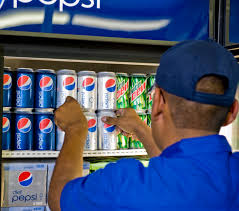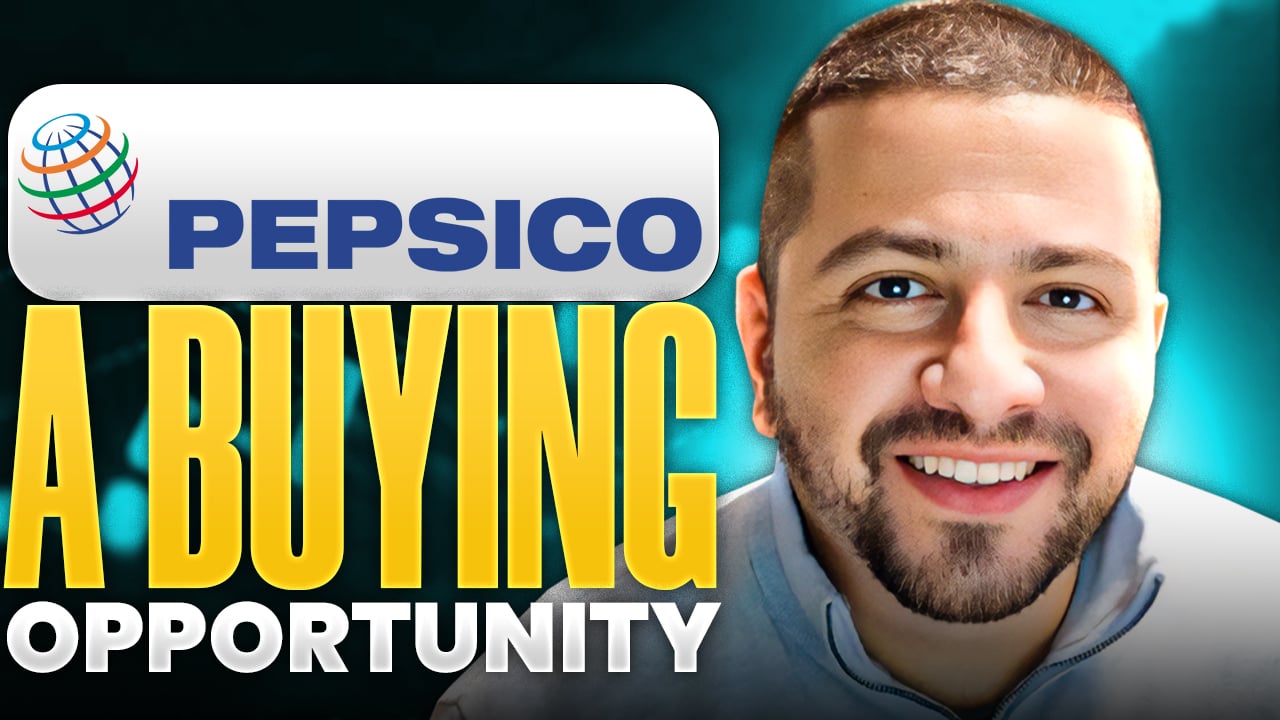Activist investors calling for corporate shakeups is a highly common occurrence these days. The latest attempt comes from Nelson Peltz of Trian Fund Management, which owns about 1% of PepsiCo (PEP 0.62%). Peltz for some time has urged PepsiCo to split itself in two; he effectively wants the company to separate its snacks division from its beverage segment. His reasoning is that since the snacks business is vastly outperforming the relatively sluggish beverage segment, PepsiCo could create substantial value for shareholders by pursuing a spinoff.
Peltz's initial request was deflected by PepsiCo, but he's not going away. In fact, he recently sent a letter to PepsiCo's board, demanding extensive details on the company's market share and ongoing strategy regarding the beverage business. Is Peltz right to put so much pressure on PepsiCo to shake things up?

Source: PepsiCo.
Pressure on PepsiCo is heating up
After Peltz's initial inquiry about a potential breakup, PepsiCo management reiterated its desire to remain a single entity. Nevertheless, there's reasonable evidence supporting Peltz's desire for PepsiCo to separate its underperforming beverage business. It's clear that consumers, particularly in the United States, are becoming much more aware of their eating and drinking habits. They're slowly but surely avoiding sugary, high-calorie drinks in favor of healthier alternatives. This is evidenced by the sluggish case-volume growth PepsiCo is currently facing.
PepsiCo's beverage segment experienced organic revenue growth of just 1% last year, underperforming the other core business; PepsiCo's snacks division posted 3% organic revenue growth last year. This disparity is why Peltz believes PepsiCo could create value for shareholders by dividing the two businesses.
Is PepsiCo at risk of falling behind?
There's additional pressure for PepsiCo to do something big in light of the fact that its major rival just announced a strategic initiative. Coca-Cola (KO 0.31%) recently formed a partnership with Keurig Green Mountain (GMCR +0.00%) to develop a Keurig Cold beverage platform. Utilizing the Keurig technology, consumers will now have the option to make cold soda beverages at home similar to the way they make coffee. Coca-Cola will invest $1.2 billion for a 10% stake in Green Mountain to launch the Keurig Cold beverage platform.
This deal had the financial world buzzing with anticipation. The partnership is Coca-Cola's attempt to rejuvenate growth, while Keurig Green Mountain now has the backing of one of the world's most valuable brands and distribution networks. As a result, many in the financial media now want PepsiCo to pursue a similar partnership, perhaps with SodaStream (SODA +0.00%).
SodaStream seems to be a perfect match if PepsiCo is to go down the same road as Coca-Cola. But there's reason to be skeptical as well. SodaStream's growth rate is declining, implying that perhaps at-home cold-beverage machines aren't a sustainable trend.
SodaStream generated $562 million in revenue in 2013, representing 29% growth. While that sounds impressive on the surface, it's about half the pace of growth from the prior year; SodaStream booked 51% revenue growth in 2012.
Why PepsiCo should remain intact
PepsiCo management has resisted Peltz's call for a breakup, believing that there's not a good enough reason to split the company in two. The Pepsi beverage line is still profitable despite meager revenue growth, and the brand remains valuable to consumers. Coca-Cola's active pursuit of a strategic shift doesn't sway PepsiCo. Coca-Cola has reason to be more urgent in pursuing a new strategic direction: It isn't nearly as diversified as PepsiCo.
Coca-Cola is much more reliant on carbonated beverages than PepsiCo. And due to shifting consumer tastes, a new direction makes more sense for Coca-Cola. PepsiCo's revenue mix is evenly split between food and beverages, so it's much more insulated against consumers shying away from carbonated beverages.
PepsiCo booked 10% earnings growth in 2013 and recently raised its dividend by 15%, representing the 42nd consecutive year of dividend increases. It's understandable to be disappointed by the slowing pace of growth in the beverage division. However, PepsiCo is still a very strong company, so there's no reason to panic.







